Water is an essential human need, but it was not until July 2010 that the right to access clean water was recognized as a basic human right by the United Nations (UN). In Vietnam, the right to access clean water is not only recognized in legal documents, but is also one of Vietnam's sustainable development goals by 2030.
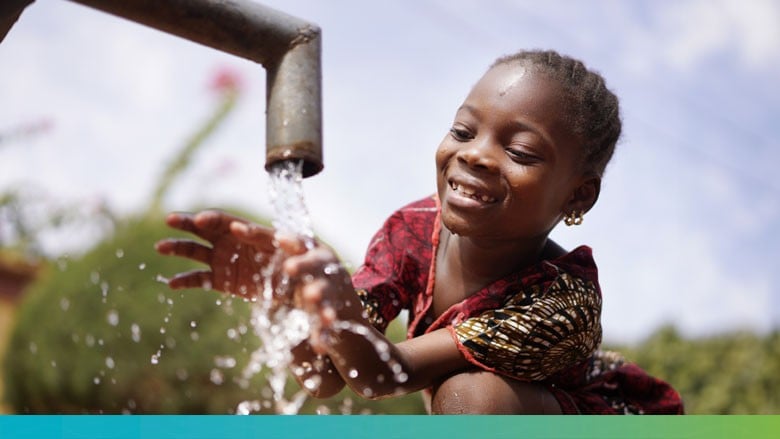 |
| According to United Nations statistics, 1 in 5 people in the Horn of Africa do not have access to clean water due to the severe impact of drought and frequent floods. (Source: World Bank) |
The right to clean water in international law
The right to access clean water was recognized as a basic human right in 2010. Previously, the right to access clean water (drinking water, water supply, clean drinking water) was not specifically, directly, clearly, and fully recognized, but was only indirectly regulated through other basic human rights, specifically:
In the 1948 Universal Declaration of Human Rights and the 1966 International Covenant on Economic, Social and Cultural Rights (ICESCR), the right to access clean water is only recognized as an "implicit right" in the provisions on the right to life, the right to an adequate standard of living, the right to health...
The UN Water Conference (1997) agreed that “all people, regardless of age, economic or social status, have the right to access drinking water in quantity and quality sufficient to meet basic human needs”.
In 2000, in its General Comment No. 14 on the right to the enjoyment of the highest attainable standard of health, the Committee on Economic, Social and Cultural Rights pointed out that, “the right to health encompasses a range of socio-economic elements that promote conditions in which people can enjoy a healthy life and extends to the determinants of health, such as… access to safe and potable water, adequate sanitation, safe and healthy working conditions and a healthy environment.”
Then, in 2002, at the Johannesburg Environment Summit in South Africa, water was ranked highest among the priorities for national and international sustainable development (water - energy - health - agriculture and biodiversity).
General Comment No. 15 on the right to water affirms: “A decent life cannot exist without the right to drinkable water. It is a prerequisite for the enjoyment of other human rights.” This can be considered the most comprehensive international legal instrument on the right to water, aiming to “ensure everyone’s access to an adequate, safe, acceptable and affordable supply of water.”
On July 28, 2010, at the UN General Assembly session on the right to access to clean water and sanitation, the UN voted to approve the right to clean water and sanitation as a basic human right, independent of other basic rights. Accordingly, the State must create appropriate conditions, rules, investment projects or investment conditions to improve the provision of clean water to the people.
To ensure the right to access to clean water, the Committee on the Covenant on Economic, Social and Cultural Rights has set out minimum standards that countries need to ensure:
First, ensure availability. Water supply for people must be continuous and sufficient for the needs of individuals and families, including drinking water, water for personal hygiene, washing clothes, cooking; at least about 20 liters/person/day; must be in accordance with the guidelines of the World Health Organization (WHO).
Second, ensure water quality. Water used must be safe, free of micro-elements, chemical components, metals, microorganisms, pathogenic bacteria or substances that affect human health; color, odor, and taste within acceptable ranges. Determining and ensuring safe water sources is based on national and local technical standards and regulations.
Third, ensure accessible water. Everyone, without any discrimination, has the right to access water, water conditions and services. Adequate, safe and acceptable water must be provided equally at affordable prices (within the capacity to pay, in accordance with the economic conditions of the people)1 to all; without distinction, especially to vulnerable groups, ethnic minorities, and remote areas.
In 2015, at the UN Summit on Sustainable Development, the UN set out the goals of ensuring clean water and sanitation in the Sustainable Development Goals (SDGs). Among the 17 main goals, with 169 specific targets and 232 targets to be achieved, there is goal 6 on “ensuring clean water and improving sanitation conditions”.
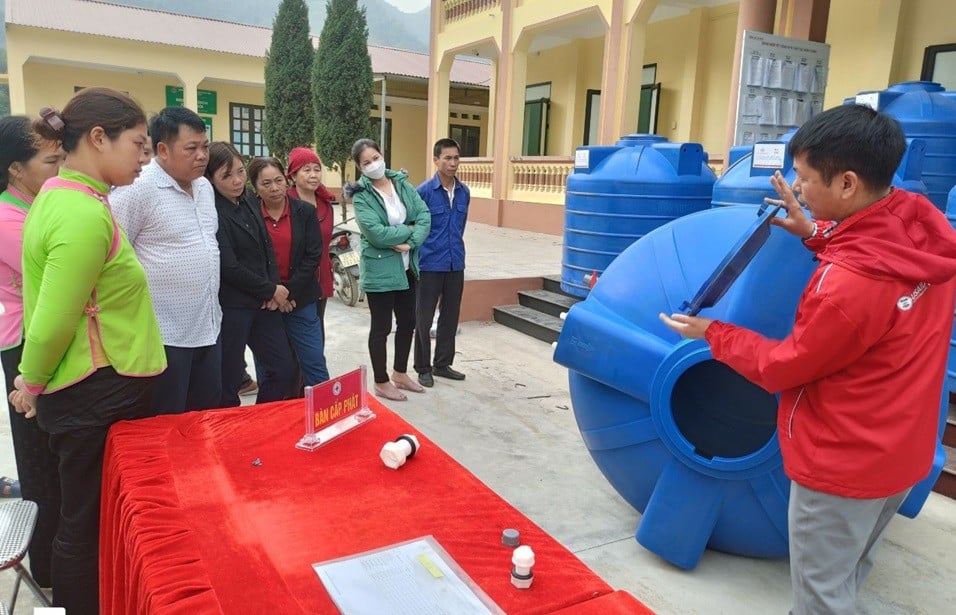 |
| Officers of the Lao Cai Provincial Red Cross Society instruct households in Coc San Commune, Lao Cai City on how to use plastic water tanks. (Photo: Hanh Nguyen) |
The right to clean water in Vietnamese law
Vietnam is one of the early countries to recognize the issue of clean water and access to clean water.
The issue of clean water and access to clean water is recognized by law as a component part of the environment through rights related to the environment and environmental protection in the Constitutions.
The 1980 Constitution stipulates: “State agencies, enterprises, cooperatives, people's armed forces units and citizens are all obliged to implement policies to protect, improve and regenerate natural resources, and protect and improve the living environment.”
The 1992 Constitution states: environmental protection is the legal obligation of all organizations and individuals in society, strictly prohibiting all actions that deplete resources and destroy the environment.
Article 43 of the 2013 Constitution: “Everyone has the right to live in a clean environment and has the duty to protect the environment”. For the first time, the human right to the environment is recognized and the right to access clean water is understood as part of this right.
By 2012, the issue of clean water and the right to access clean water were directly regulated in the Law on Water Resources. This is an important legal tool to tighten state management of water resources, avoid extreme phenomena, and contribute to promoting socio-economic development.
The Law regulates the management, protection, exploitation, use of water resources, prevention, control and overcoming of consequences of harm caused by water in the territory of the Socialist Republic of Vietnam2; "The State shall give priority to investment in searching, exploring and exploiting water resources, and shall have preferential policies for investment projects in water exploitation to solve the problem of domestic water and production for people in mountainous areas, ethnic minority areas, border areas, islands, areas with difficult socio-economic conditions, areas with particularly difficult socio-economic conditions, and areas with scarce fresh water, in order to ensure the principle of fairness and equality in rights between individuals and organizations in the exploitation and use of water resources"3... in order to ensure the right to access and use water for all people. To specify the provisions of the Law, the Government issued Decree No. 201/2013/ND-CP dated November 27, 2013 and many documents providing specific and detailed guidance on the implementation of water resource exploitation activities.
In addition, clean water and access to clean water are also stipulated in a number of other legal documents such as: Law on Environmental Protection 2014; Law on Irrigation 2017; Goal 6, Resolution No. 136/NQ-CP dated September 25, 2020 of the Government on sustainable development - " ensure adequate and sustainable management of water resources and sanitation systems for all "... Decision No. 1978/QD-TTg dated November 24, 2021 of the Prime Minister approving the National Strategy for Clean Water Supply and Rural Sanitation to 2030, vision to 2045 with the overall goal of ensuring that rural people have the right to access clean water supply services fairly, conveniently, safely at a reasonable cost; ensure household and public area hygiene, environmental sanitation, disease prevention and control; ensure social security for rural people, narrow the gap between rural and urban areas.
It can be seen that the right to access clean water is regulated quite fully in many different documents in the Vietnamese legal system.
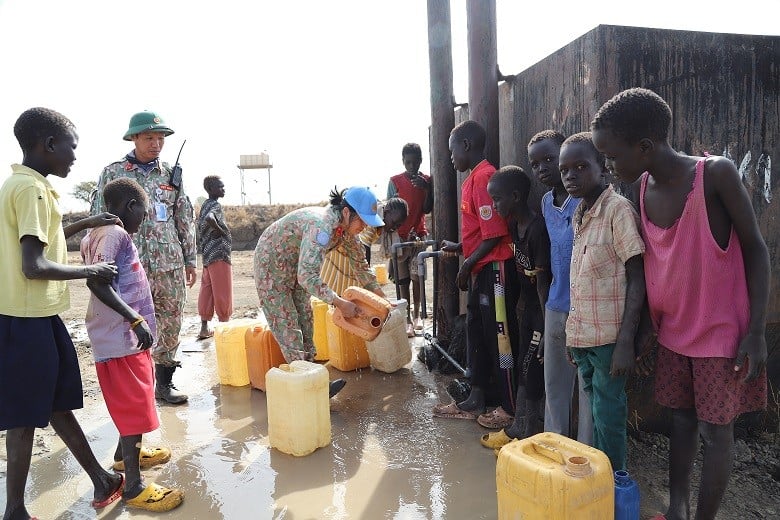 |
| Vietnamese engineers bring clean water to the people of Abyei. |
Ensuring access to clean water for people
In the process of opening up and integrating, Vietnam pays special attention to ensuring human rights; actively and proactively perfecting laws, and synchronously building national programs and goals to create sustainable development, emphasizing the goal of ensuring a living environment for everyone.
In fact, many issues of environment and development, environment and the right to health of all people have been successfully implemented in Vietnam, especially the right to access water resources.
However, according to the Report "Implementing the Sustainable Development Goals in Vietnam" by the United Nations Children's Fund in December 2022, to achieve SDGs 6.1 and 6.2, Vietnam is facing great challenges, when only 57.9% of people use safely managed drinking water and 43.9% of people use safely managed sanitation facilities4.
Previously, in 2020, according to statistics from the Ministry of Natural Resources and Environment and the Ministry of Health, each year about 9,000 people die due to poor water sources and sanitation; nearly 250,000 people are hospitalized due to acute diarrhea caused by polluted domestic water sources; about 200,000 people get cancer each year, one of the main causes of which is water pollution.
According to a WHO study on malnutrition in Vietnamese children, about 44% of children are infected with worms and 27% of children under 5 years old are malnourished, the main cause of which is lack of clean water and poor hygiene. In addition, about 21% of the population is using water contaminated with arsenic5.
To improve the effectiveness of law enforcement to ensure people's access to clean water, Vietnam needs to focus on the following solutions:
Firstly, perfecting the system of policies and laws on water resources, based on a human rights-based approach. On the other hand, reviewing and evaluating the effectiveness and efficiency of the system of policies and laws to amend, supplement and perfect them in accordance with reality.
Second, strengthen and improve the effectiveness and efficiency of implementing policies and laws on water resources; improve the effectiveness of management and law enforcement by relevant officials; strengthen environmental pollution control activities; promote regular inspection and examination of the implementation and compliance with the law by organizations, enterprises and individuals in accessing water resources and ensuring access to water sources.
Third , raise public awareness and promote socialization of water resource protection and enforcement of legal regulations on the right to access water resources. Maximize resource mobilization and close coordination of the entire political system in implementing the goal of clean water and sustainable sanitation.
| Decision No. 1978/QD-TTg dated November 24, 2021 of the Prime Minister approving the National Strategy for Clean Water Supply and Rural Sanitation to 2030, with a vision to 2045, sets the target of striving for 65% of the rural population to have access to clean water that meets quality standards with a minimum quantity of 60 liters/person/day by 2030. 100% of rural households, schools, and health stations have hygienic toilets that meet standards and regulations; 100% of rural people regularly practice personal hygiene. By 2045, strive for 100% of rural people to have access to clean water and safe, sustainable sanitation. |
1 Point h Clause 2 Article 14 of the CEDAW Convention; Point c Clause 2 Article 24 of the CRC Convention; Point a Clause 2 Article 28 of the International Covenant on the Rights of Persons with Disabilities
2 Article 1 Law on Water Resources 2012
3 Clause 3 Article 4 Law on Water Resources 2012
4 Implementing the Sustainable Development Goals in Viet Nam.pdf (unicef.org)
5: Department of Water Resources Management (2020) "Continuing to warn about clean water security", source: http://dwrm.gov.vn/index.php?language=vi&nv=news&op=Hoat-dong-cua-dia-phuong/Tiep-tuc-bao-dong-an-ninh-nuoc-sach-9344
Source: https://baoquocte.vn/quyen-tiep-can-nuoc-sach-trong-phap-luat-quoc-te-va-viet-nam-303553.html


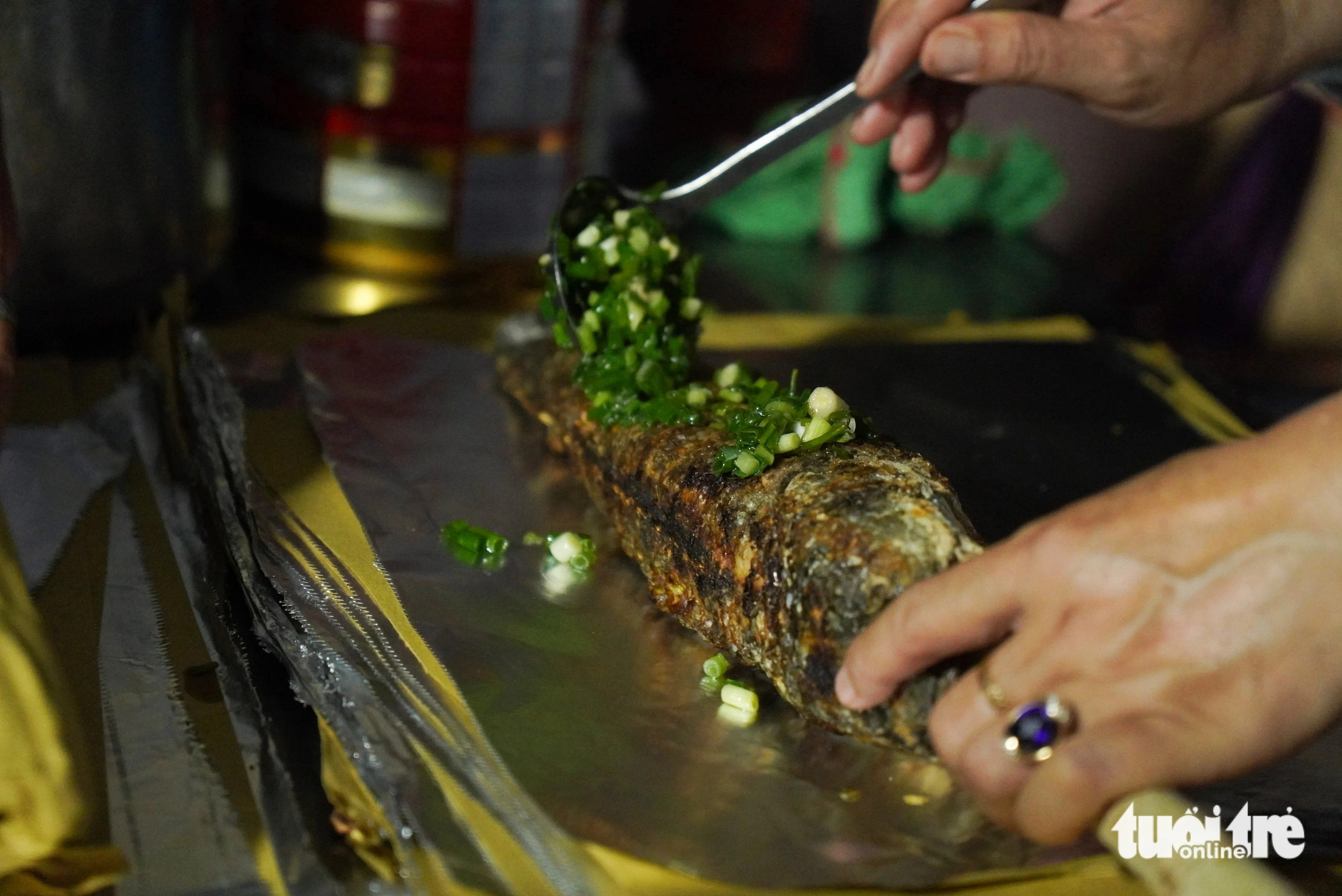



























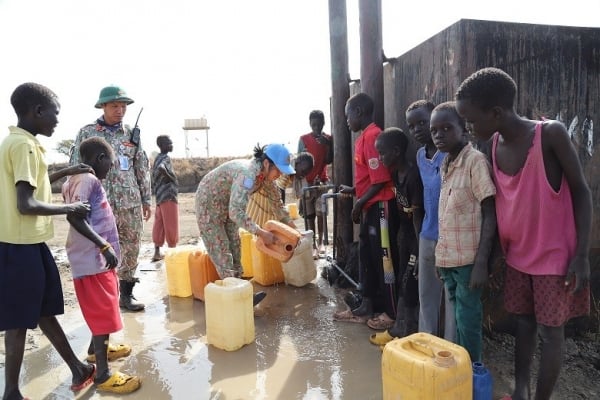
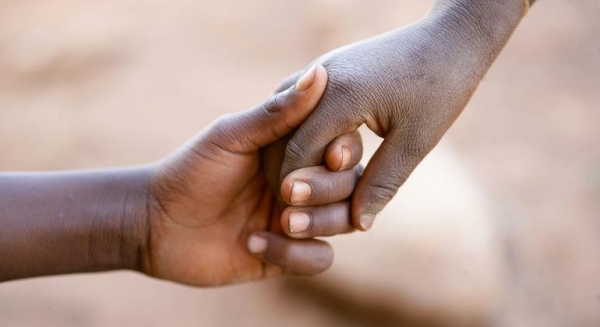
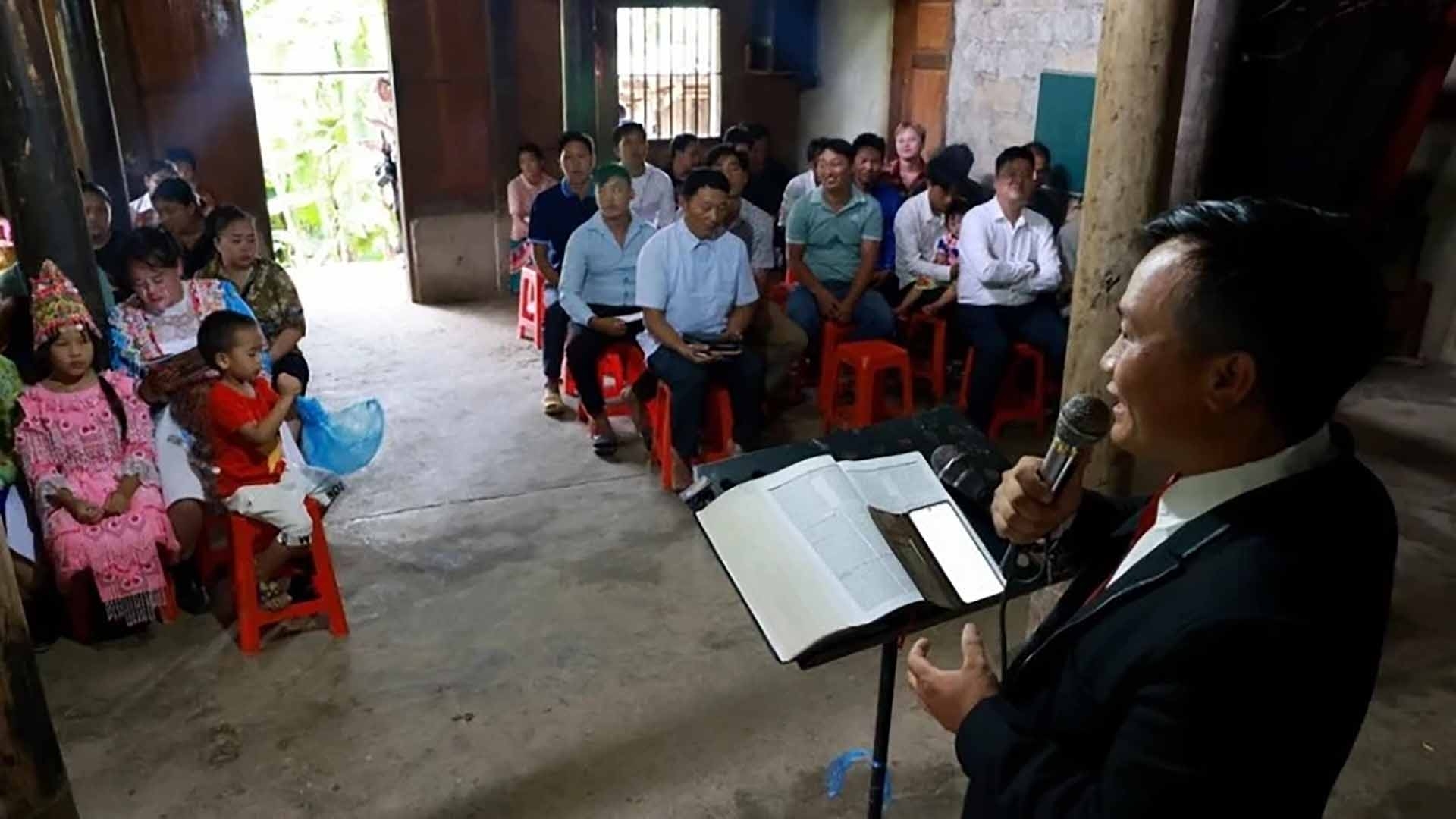
![[Video] International tourists experience the first Buddhist ceremony of the year at Tam Bao Pagoda (Da Nang)](https://vstatic.vietnam.vn/vietnam/resource/IMAGE/2025/2/7/dc53ee760c2a4b9494b681c701924c74)

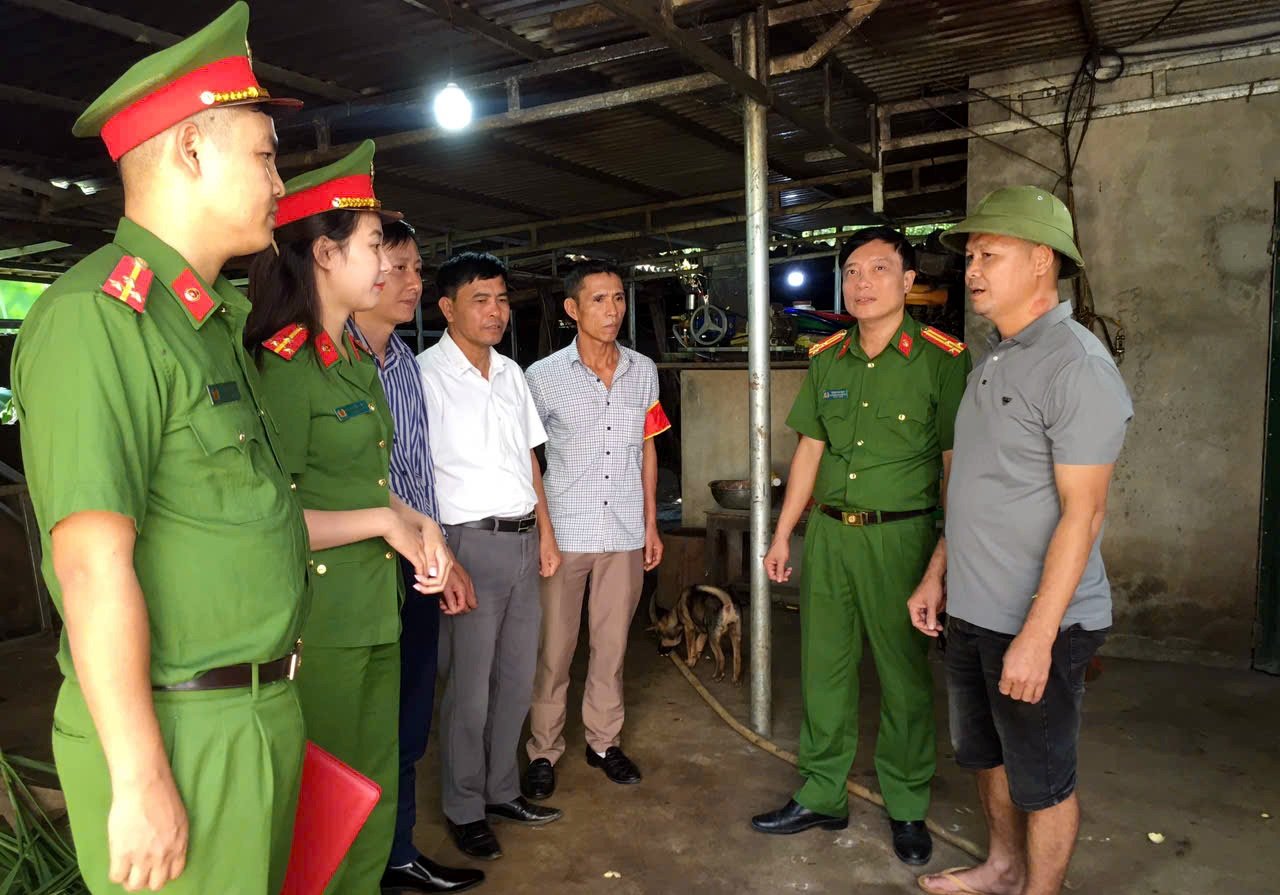

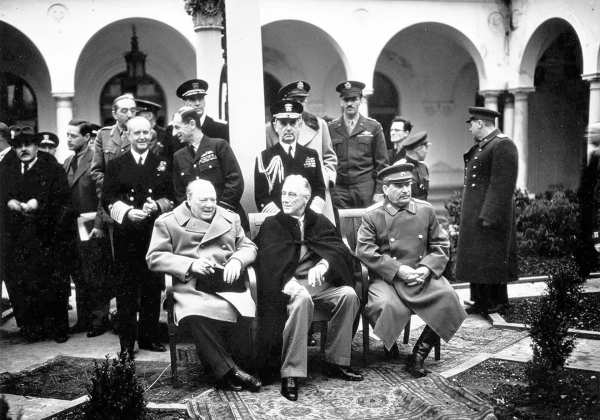
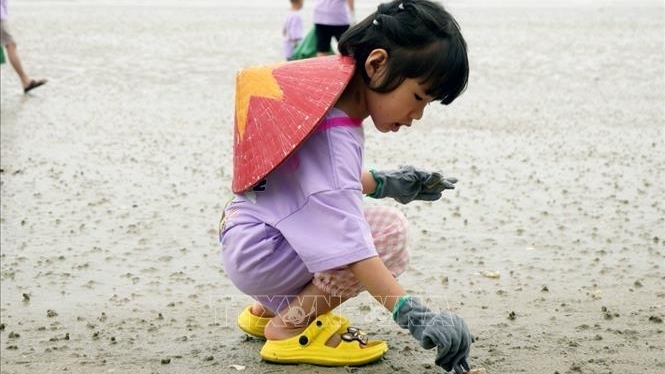
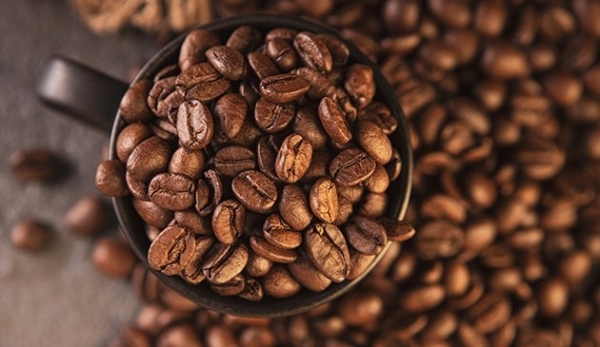
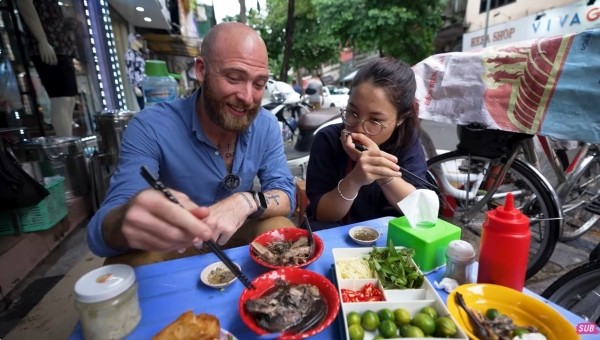
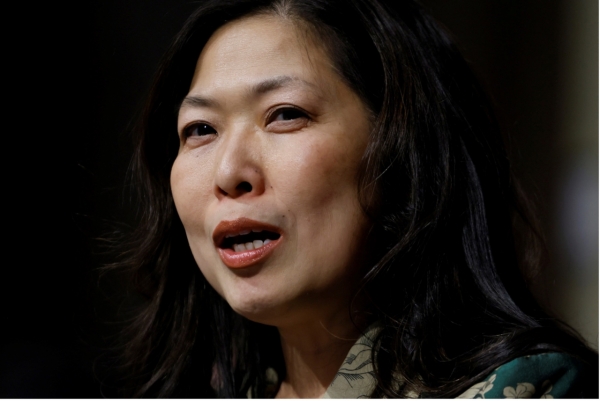
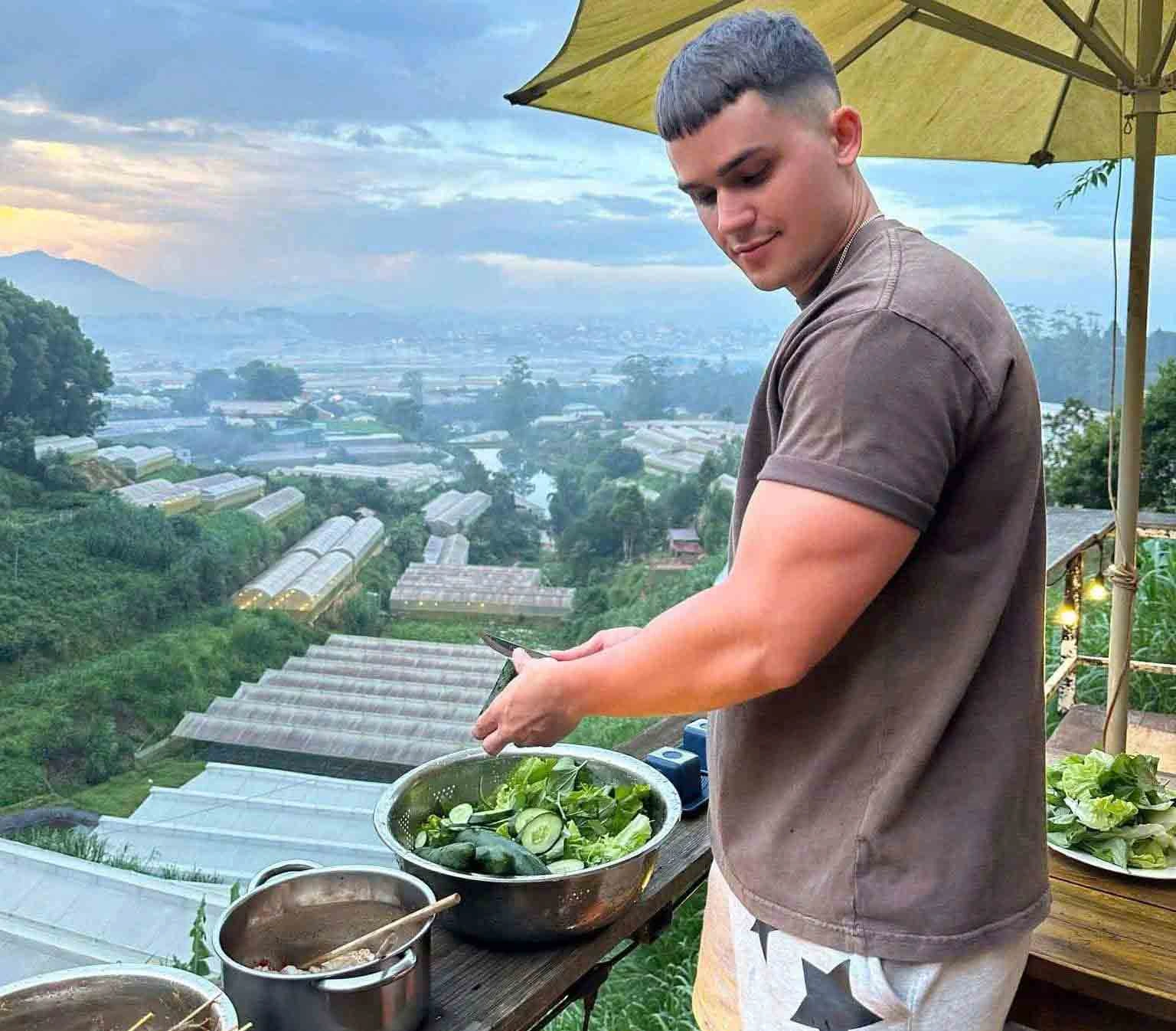

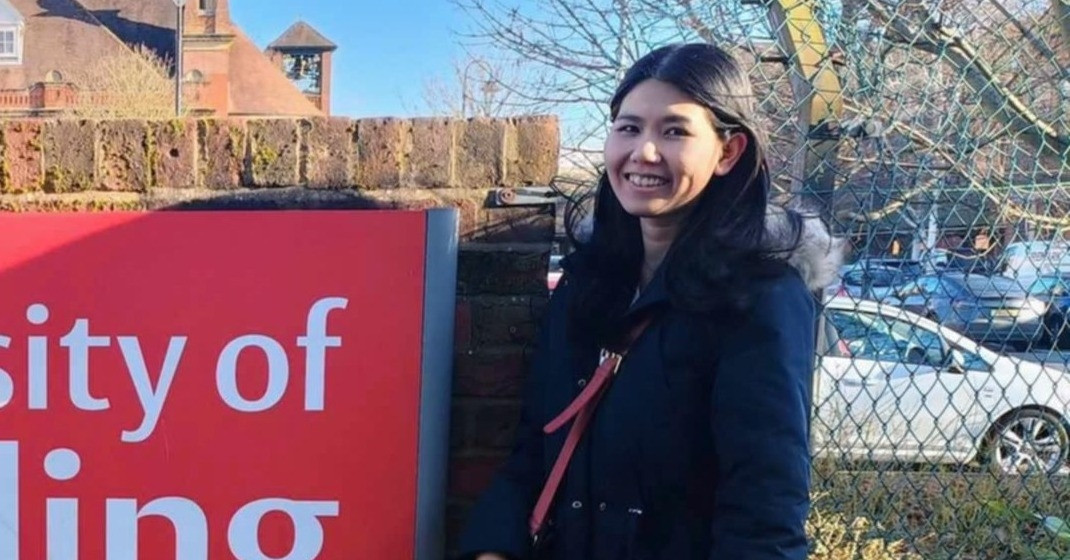


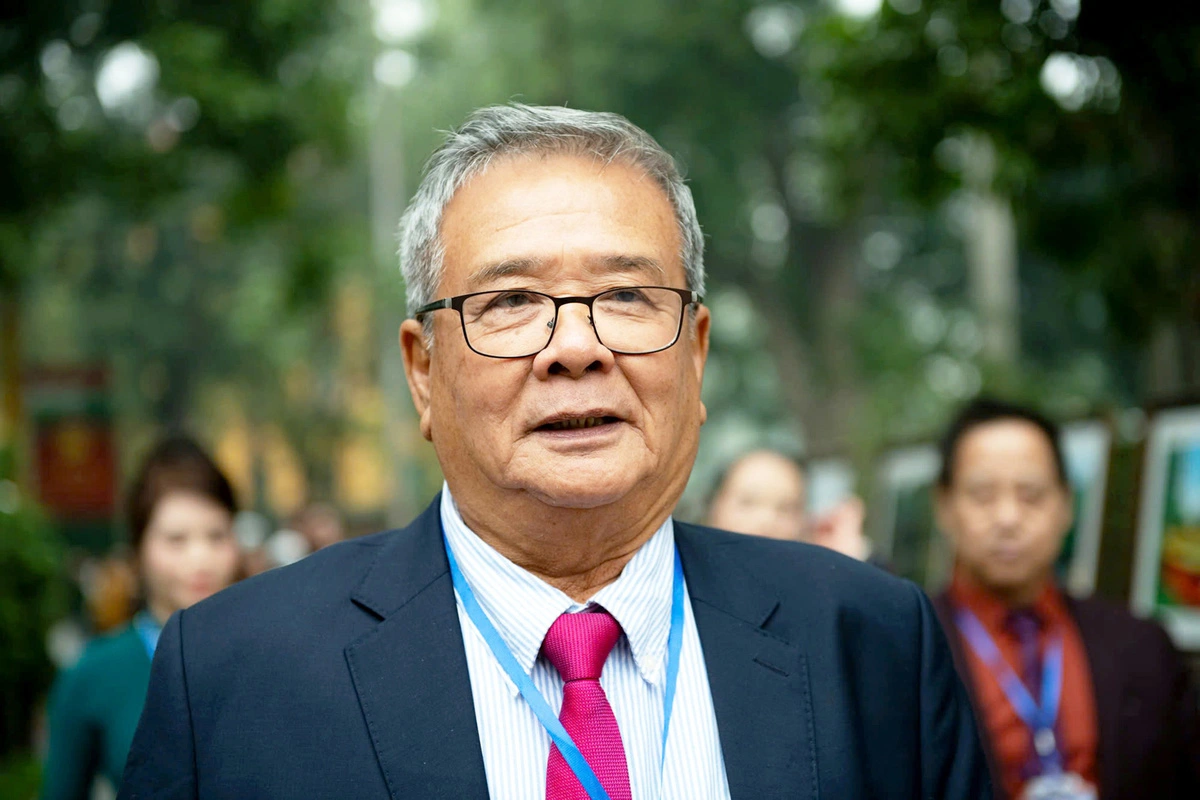

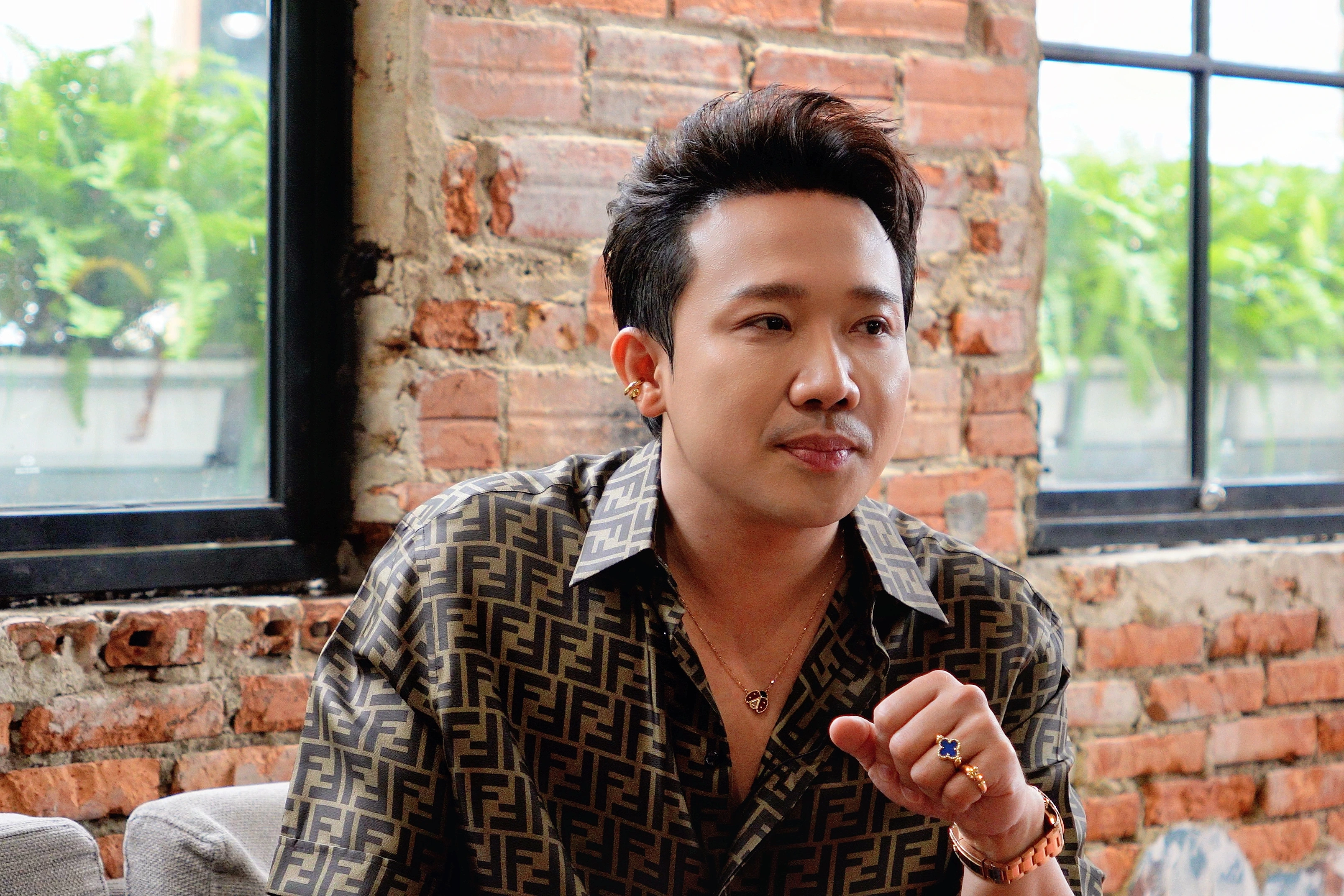






Comment (0)